Students
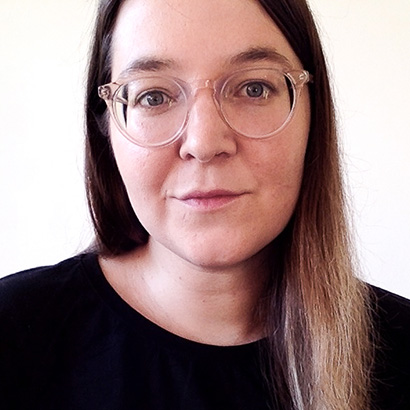
Agnieszka Chumra
is a MA student of Social Policy as well as Spatial Development with a specialization in Urban Planning and Revitalization at the College of Interdisciplinary Individual Studies in Humanities and Social Sciences / University of Warsaw. Her MA thesis has its focus on the problems of industrial and post-industrial areas in the urban zone exemplified by Żerań in Warsaw (Poland).
„The topics of phasing out coal, modernizing the industry and conducting city services in a sustainable, circular manner will be crucial for the development of settlements in Poland in the foreseeable future.“
Alica Brendzová
is a PhD student of Ethnology at Charles University in Prague, Czech Republic and researcher in the Czech government Agency for Social Inclusion. In her academic research she is interested in studying urban marginality, and is currently working on her PhD project, focused on the economic strategies of people living the northern region of the Czech Republic which has been affected by de-industrialization and an exacerbation of social exclusion.
„The site of the Summer School seems to promise an excellent opportunity to contraste my experience with a new specific environment, and also broaden my understanding by new critical perspectives to incorporate in my current research.“

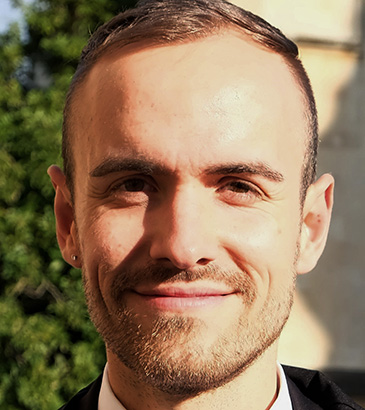
Benedikt Benjamin Walker
is a research associate and lecturer in human geography at the University of Bonn. His PhD project is concerned with the emerging German hydrogen economy and its international relations.
“Three aspects are of particular interest to my research: the political economy of innovation, the hydrogen economy’s implications for regional development in both Germany and abroad, and the geopolitical implications of the hydrogen economy.”
Eric Boyd
is a PhD student in Social Anthropology at the DurhamARCTIC Research Centre and Durham Anthropology, University of Durham. His research project “Mine expansions into urban landscapes and changing ontologies?” examines how resource materials are not only produced by extractive communities, but are crucial actors in the production of ontologies within those communities.
“My research interests confluence with the key themes of the summer school, primarily the multiple overlapping and entangled complexities that emerge in a society transitioning from the industrial (often carbon-producing) to the post-industrial (carbon-consuming). The political, economic, social, and ecological upheavals that emerge within such transitions and how they are translated into new urban developments is at the core of my ethnographic study.”
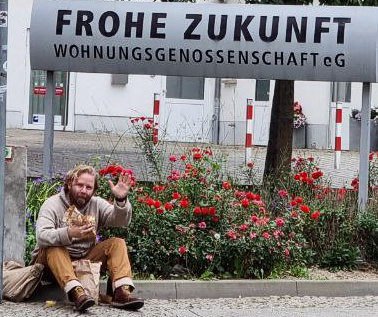
„I believe that our environment is very important. This makes it all the more important to pay attention to its current changes, some of which are profoundly serious. In this respect, I consider the Summer Schools an optimal opportunity.“
Florian Bortic
is a student of Social and Cultural Anthropology at MLU Halle. He currently works on his MA thesis on Forest Politics which investigates the public perception of forest change resulting from bark beetle reproduction and tree dieback in the Harz National Park.
Guillaume Mulard
is a MA student at the ‘Institute für Empirische Kulturwissenschaft’ at Hamburg University. He holds a BA degree in Anthropology and business economics. Guillaume is interested in environmental Anthropology and human-environment interactions
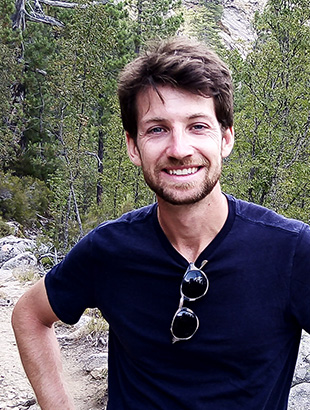
“The participation in the Summer School program allows me to get an understanding of the region’s mental and material infrastructures, enhance my understanding of the people’s realities and views and to get in touch with the place’s physical and structural particularities”
Hermine Bähr
is doing a PhD on the ‘Labatories of Transformation’ at the Max-Weber-Kolleg in Erfurt. She is researching how practices of knowledge production in the energy transition change under the condition of research done in transdisciplinary settings.
Itzell Zaacnite Torres Antonio
is a PhD candidate in Geography at the Humboldt Universität Berlin. Her dissertation has its focus on conceptualizing the spatial dimensions in low-carbon energy transitions with Mexico as a case study.
„My research project will include a ‘thick comparison’ between Mexico and Germany. The summer school can provide me with valuable experiences looking at the ongoing transformation in Central German Mining District resulting from the energy transition.”
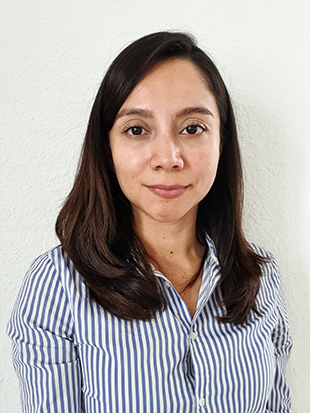
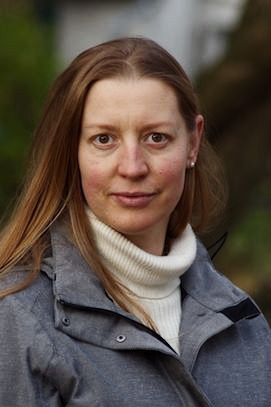
Janine Hauer
works as a Research Assistant (postdoc) at the Center for Interdisciplinary Regional Studies, MLU Halle. She has conducted research on urbanization and land-use change in Burkina Faso, in particular on the socio-ecological consequences of these processes and the un/making of specific futures and resulting contestations. Janine is currently planning a new research project on the coal phase out in Central Germany.
Julia Kühl
holds an MA in Social and Cultural Anthropology and works as a Research Assistant at the Center for Interdisciplinary Regional Studies, MLU Halle. In her PhD project, she wants to study the emerging mobility transition under the conditions of the coal-phase out in the south of Sachsen-Anhalt. She is interested in how imaginations and concrete projects regarding mobility futures are negotiated in local contexts and through everyday practices of communal politicians, civil society members, transport planners and bus operators.

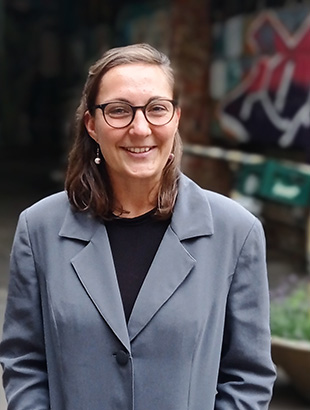
Julia Friederike Pank
is a PhD candidate in Social Anthropology at Oxford University. Her PhD project has its focus on “Ethnographies of Transformation: Crafting Post-Coal Futures in Eastern Germany.”
„Building on the emic analytic of ‘crafting the future’ (die Zukunft gestalten) which emerged as a key term of my interlocutors’ vocabulary of speaking about the post-coal future, I trace locally specific forms of agency and their interlinkages with structures of corporate and political power across the six sites as their inhabitants navigate the unfolding transformation.“
“Participation in the Summer School Post-Carbon Futures: Cities, Industries and Energies in Central Europe would give me an opportunity not only to expand my knowledge in areas so closely related to my research but also to meet experienced scholars working on similar issues. A specially valuable experience would be to participate in a field trip to one of the German coalfields, as it would be fascinating for me to compare it with a field experience gained during my work in Polish mining regions.”
Konstanty Ramotowski
is a MA student in Cultural Anthropology and Sociology at the College of Interdisciplinary Individual Studies in Humanities and Social Sciences at the University of Warsaw. His research interest in decarbonization, coal phase-out, and the energy sector is influenced by his working experience in WWF Poland, where he has been able to engage in the process of programming Just Transition in Polish coal regions.
“The Post-Carbon Futures-Summer School would be an opportunity for me to bring my academic interests in conversation with each other and widen my perspective through the interdisciplinary approach, bringing together anthropology and human geography and political science.”
Kristiane Fehrs
studies European Anthropology (MA) at the Humboldt University Berlin. She is interested in urban anthropology and conducts ethnographic research on environmental pollution and coal mining in Lusatia, Germany.
“Although my project is set in northwest Canada (Northwest Territories and Alberta), the dynamics related to urban changes and futures of resources extraction (e.g., tar sands) and renewable energies development (e.g., dams) are also crucial to inhabitants there, and are at the core of several important academic works and debates in the region, and sometimes strong contestations from inhabitants.”
Laura Gehin Goyhenex
is a PhD student in Social Anthropology at the University of Aberdeen. Her research project „How Tthebattı Dënésułıné Inhabit Changing Subarctic Landscapes (NWT and Alberta, Canada)“ investigates the changing relationship to the environment in times of industrial expansion in a First Nation community in Canada.
Leon-Fabian Caspari
is a MA student of Social and Cultural Anthropology at the University of Göttingen. He is currently writing his master thesis on ‘Urban Experimentation in the Anthropocene’ whilst also preparing for a PhD research about hydrogen infrastructures in Germany.
“The summer school is an exciting opportunity for me to learn from other researchers and experts about theoretical, methodological and empirical possibilities of research on the energy transition and post-carbon futures in Germany to better prepare for my own research project.”
„I’m particularly interested in the specific constitution of coal and oil infrastructures and their entanglement with societal and cultural conditions. The sites of Leuna and Profen seem therefore to be perfect research locations to examine the intertwined relationships between fossil fuel basedinfrastructures, their respective outcomesand figure as possible future sites of implemented change.“
Luisa Hofman
is currently studying Social Anthropology and Islamic Studies at the Martin-Luther University in Halle. She is interested in how infrastructures build for fossil energy systems have to change, so an energy transition becomes possible.
Lukas Voss
studies Social Anthropology and Hispanic Studies at MLU Halle. He is particularly interested in the Anthropology of Energy.
“I am very curious to see which developments a planned energy transition will bring with it, which concepts and considerations will (or even will not) take place, which questions arise in this context and how these are viewed critically from an anthropological point of view.”
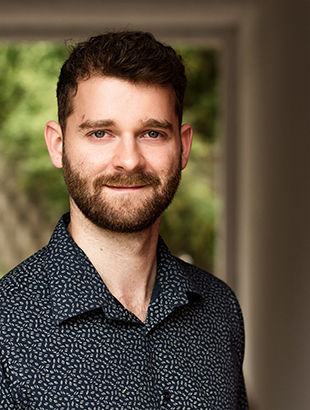
Matthias Diehm
holds a M.Sc. in International Area Studies and works as a Research Assistant at the Institut für Strukturwandel und Nachhaltigkeit (HALIS) at MLU-Halle. He is currently developing his PhD project on the JustTransition Fund, where he will concentrate on the institutional scales that are involved in developing the funding framework. His interests lie in the field of practice theories, (de)peripheralization and „Strukturwandel“ (structural transformation) from a human-geographical perspective.
Matthias Kloft
holds a Master‘s Degree in Science and Technology Studies from the Goethe-Universität Frankfurt. In his M.A. Thesis. he explored the role of speculation within various forms of expert knowledge inside Lebanon’s emerging hydrocarbon industry. He is currently in the process of designing a PhD research project that explores processes of digitalization within Germany’s Industrial landscape.
„I think this summer school offers an opportunity to further my research and writing skills as well as connecting with an international crowd of scholars who share a similar research interest.“
“As the town of my fieldwork represents one of the most air-polluted inhabited places in former Yugoslavia and the Balkan region, and Montenegro has to limit or suspend the operation of the coal-fired power station to fulfil the requirements for joining European Union, I find your summer school on post-carbon futures extremely interesting, productive and important for my doctoral research and academic interests.”
Miloš Đurović
is doing a PhD in Social Anthropology at the Graduate School for East and Southeast European Studies at the University of Regensburg. His research is situated in the (post-)industrial coal-mining town in Montenegro where he focuses on the coal consumption and the consequences of (air) pollution.
Saara Mildeberg
is a doctoral student in Cultural Studies at the Tallinn University. Her thesis is focused on the valorisation of Soviet spatial heritage, looking into the reanimation of current and post-industrial towns and landscapes in Ida-Virumaa (Northeast Estonia) in tourism.
„More specifically, I am interested in how the representatives of on-site tourism companies understand, strengthen and mediate their relationship with their surroundings by negotiating the past and imagining the future through tourism narratives and practices.“
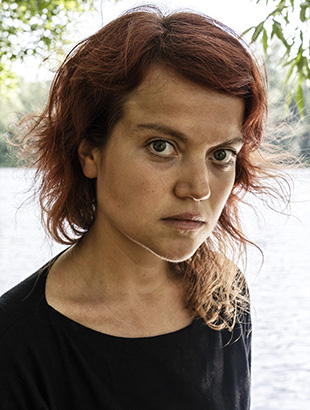
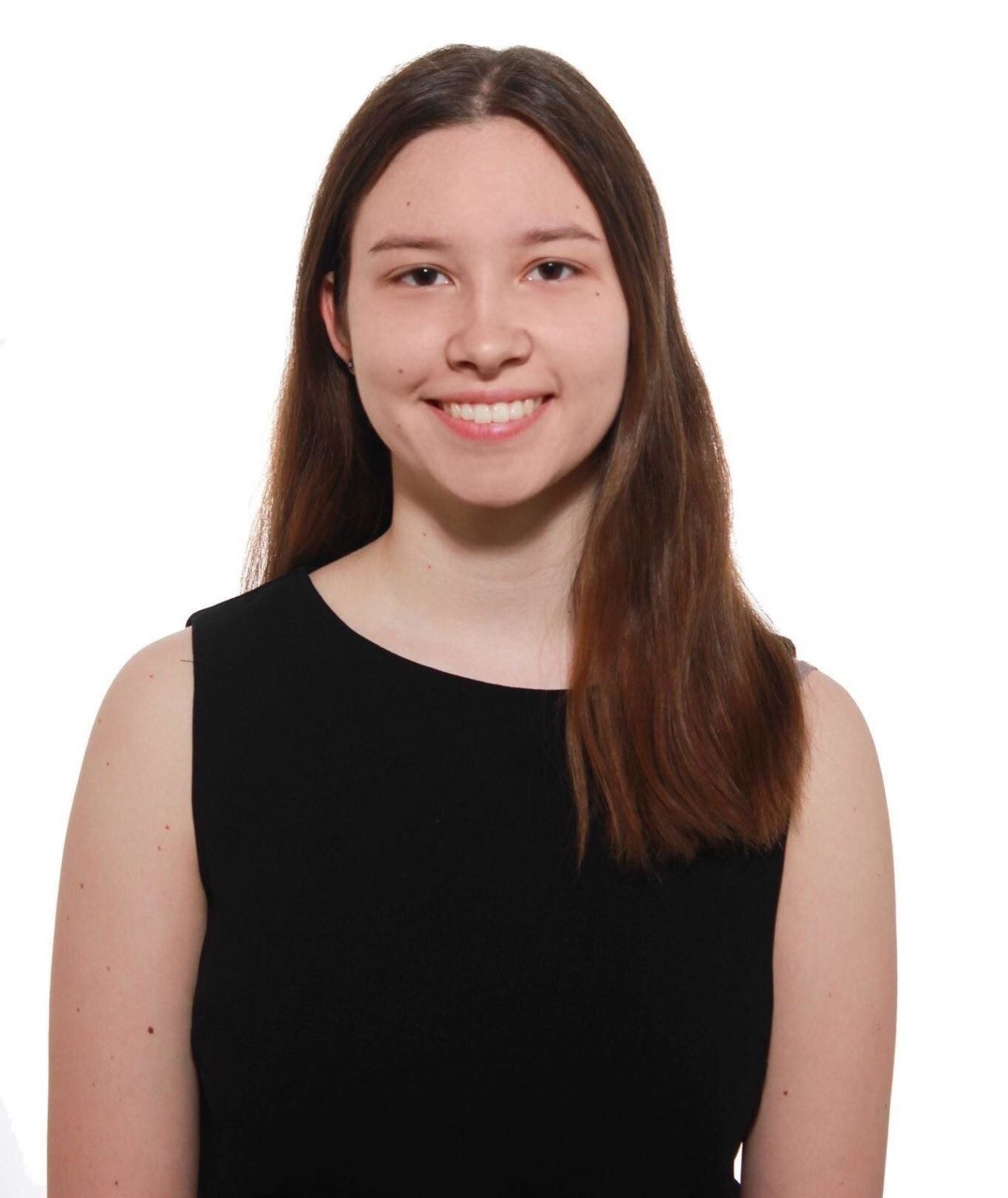
Arina Aleksejeva


